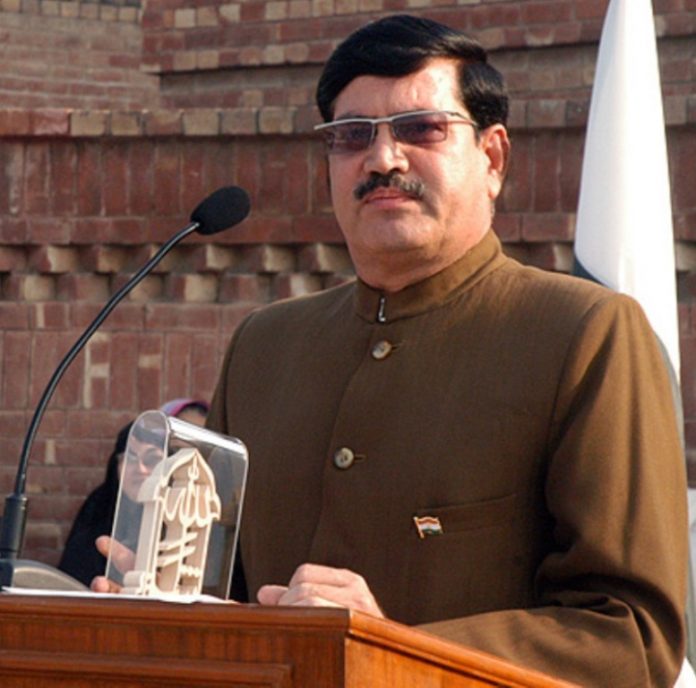TCN News
In a decision on October 14, 2024, the Supreme Court of India ordered Firoz Bakht Ahmed, the former Chancellor of Maulana Azad National Urdu University (MANUU) to publish a public apology and pay compensation to Professor Ehtesham Ahmad Khan, the former Dean of the School of Mass Communication and Journalism at MANUU. This case, stemming from a controversial “sexual predator” remark made by Firoz Ahmed, had captured national attention, highlighting issues of defamation, public accusations, and professional reputation in academic institutions.
The Defamation Case
The dispute began in 2018 when Firoz Bakht Ahmed, in the capacity of the Chancellor of MANUU, wrote a letter to the then Union HRD Minister Prakash Javdekar in 2018, Ahmad had referred to Khan as a “sexual predator”. Bakht alleged that Professor Ehtesham Ahmad Khan was a “sexual predator,” citing unverified complaints from female students at the university. The letter, which was also shared with other authorities, sparked a public controversy that led to severe damage to Professor Khan’s professional reputation.
Despite these accusations, an inquiry by the university’s Internal Complaints Committee (ICC) found no evidence to support the claims. Professor Khan subsequently filed a defamation case against Bakht, seeking legal recourse for what he described as baseless and defamatory allegations meant to malign his character. The case invoked Sections 499 and 500 of the Indian Penal Code, which deal with criminal defamation.
Legal Proceedings and Earlier Rejections
The legal battle has spanned several years, with Bakht initially seeking to quash the defamation proceedings in the Telangana High Court. However, in May 2023, the High Court rejected Bakht’s plea, allowing the case to proceed. The court observed that the accusations had been made without substantial proof and had severely tarnished Professor Khan’s reputation. The Telangana High Court’s decision underscored the gravity of making such defamatory statements in public, particularly when directed at a fellow academic professional
In rejecting Bakht’s petition, the High Court laid the groundwork for the defamation case to continue, emphasizing that such allegations could not be treated lightly, especially in an academic environment where reputation is of utmost importance.
Supreme Court Verdict
The case reached its culmination in the Supreme Court in October 2024. After hearing both sides, the apex court ruled to quash the criminal defamation proceedings, considering the settlement between the two parties. However, the court did not allow Ahmed to walk away without consequence. It directed him to publish an unconditional apology in “bold letters” on the first page of the largest circulated Telugu newspaper ‘Eenadu’ within four weeks publicly acknowledging the harm caused by his statements.
The court ordered Ahmed to pay ₹1 lakh in compensation to Professor Khan within four weeks. While this amount may seem modest compared to the damage done to Professor Khan’s reputation, it signifies the court’s recognition of the impact the defamatory remarks had on his professional standing. The ruling also serves as a cautionary tale for individuals in positions of authority, reminding them of the responsibility they bear when making public accusations.


